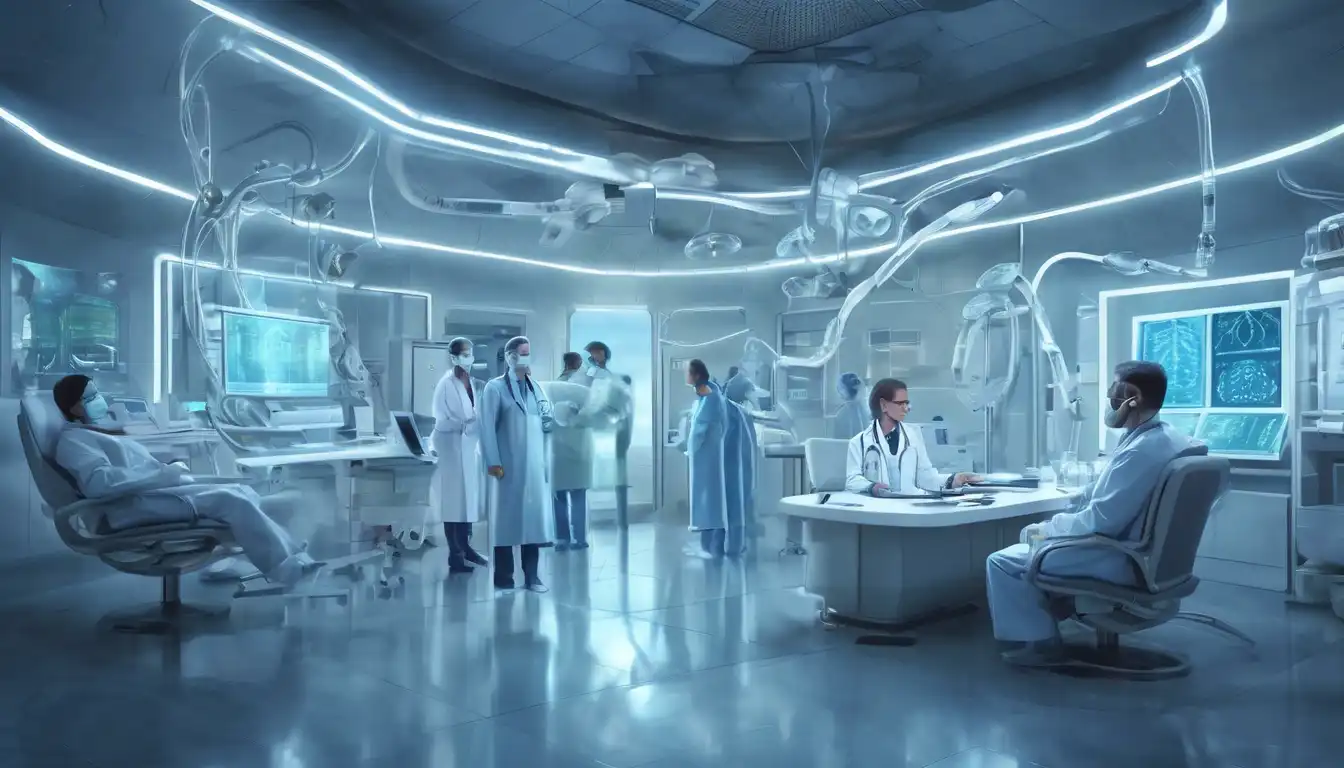Introduction to AI in Healthcare
Artificial Intelligence (AI) is revolutionizing the healthcare industry by providing innovative solutions to complex problems. From diagnostics to treatment plans, AI's role in modern healthcare is undeniable. This article explores how AI is transforming healthcare and what it means for the future of medical services.
Enhancing Diagnostic Accuracy
One of the most significant contributions of AI in healthcare is its ability to enhance diagnostic accuracy. AI algorithms can analyze medical images with precision, often detecting anomalies that the human eye might miss. This not only speeds up the diagnostic process but also increases its reliability, leading to better patient outcomes.
Personalized Treatment Plans
AI's ability to process vast amounts of data quickly allows for the creation of personalized treatment plans. By analyzing a patient's medical history, genetic information, and lifestyle factors, AI can help healthcare providers tailor treatments to the individual, improving efficacy and reducing side effects.
Streamlining Administrative Tasks
Beyond patient care, AI is also streamlining administrative tasks within healthcare facilities. From scheduling appointments to managing patient records, AI-powered systems are reducing the burden on healthcare staff, allowing them to focus more on patient care.
Challenges and Ethical Considerations
Despite its benefits, the integration of AI into healthcare comes with challenges. Issues such as data privacy, ethical considerations, and the need for robust regulatory frameworks are critical to address to ensure AI's positive impact on healthcare.
The Future of AI in Healthcare
The potential of AI in healthcare is vast, with ongoing research and development paving the way for even more innovative solutions. As technology advances, the role of AI in healthcare is expected to grow, offering new opportunities to improve patient care and outcomes.
For more insights into how technology is shaping the future of healthcare, explore our technology in healthcare section.
